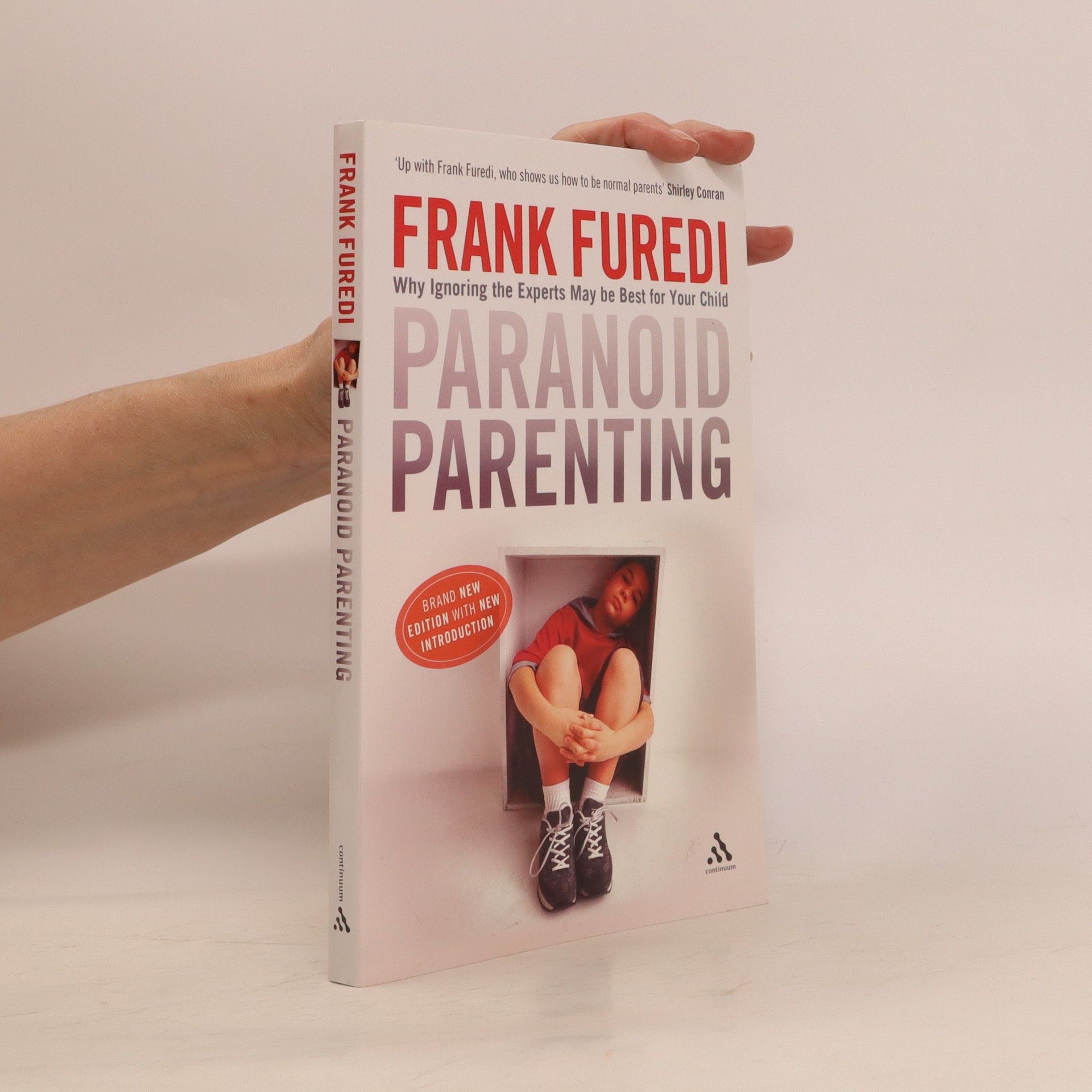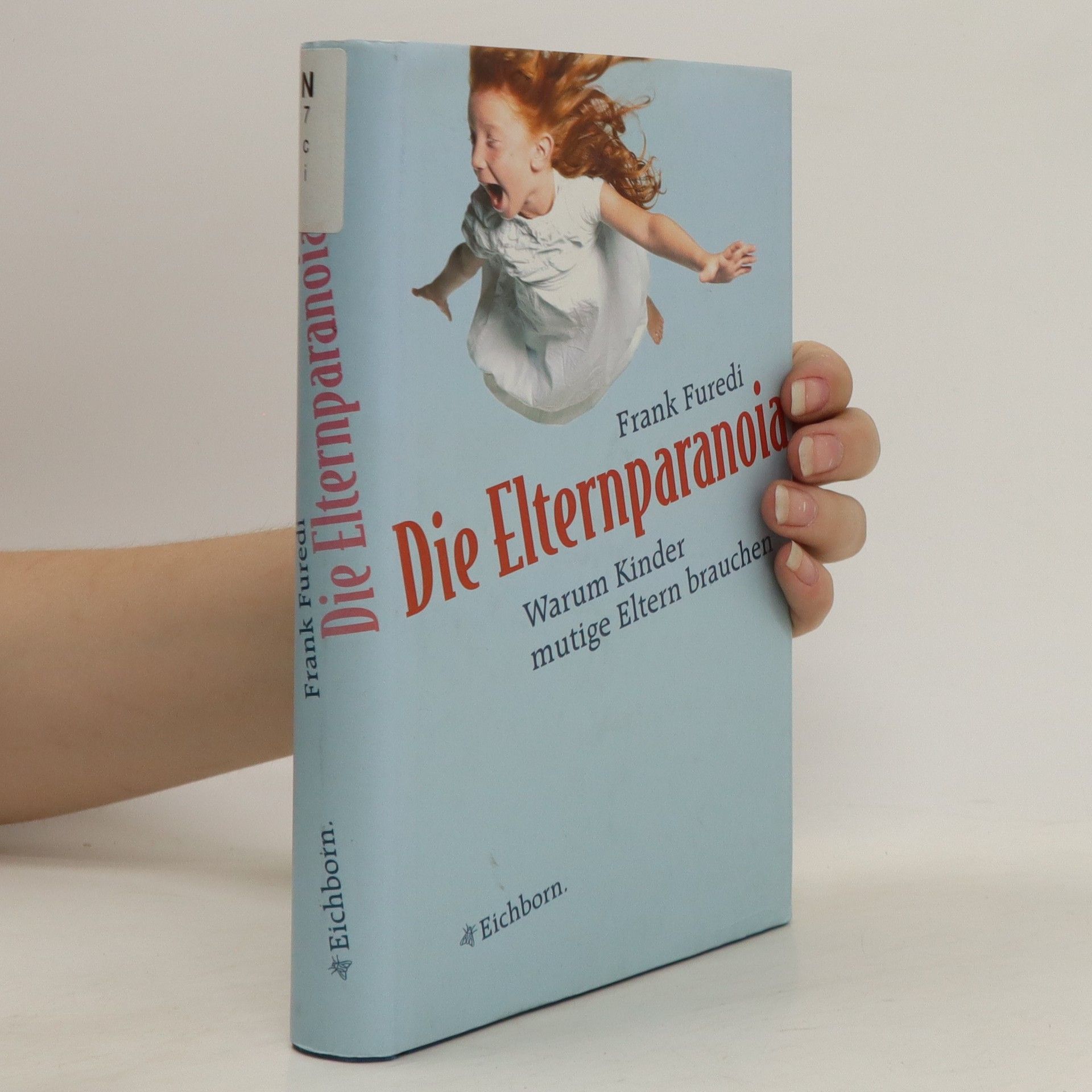Jak funguje strach: kultura strachu v 21. století
- 276 pages
- 10 hours of reading
Frank Furedi se vrací k tématu, které už zpracovával v knize Culture of Fear (Kultura strachu), neboť mnohé z toho, co předvídal, se skutečně stalo. Kniha chce vysvětlit dvě vzájemně propojená témata: proč v dnešní společnosti získal strach morálně dominantní postavení a jak se náš dnešní strach liší od obav, které jsme prožívali v minulosti. Jaké jsou hnací síly strachu, jaká je role médií v jeho prosazování a kdo má vlastně prospěch z kultury strachu? To jsou některé otázky, kterých si Furedi všímá, aby vysvětlil současnou složitou situaci. Je přesvědčen, že když lépe porozumíme tomu, jak strach funguje, můžeme prosadit postoje, které nám pomohou žít v budoucnosti, kde se nebudeme tolik bát.






